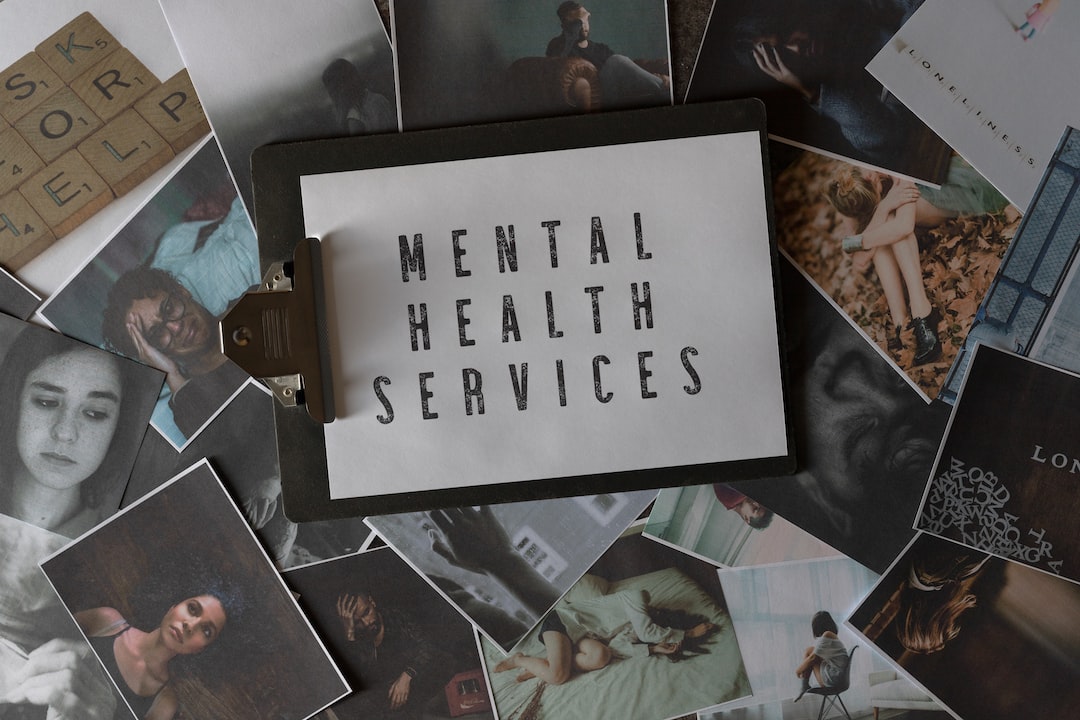Understanding ACEs: How Childhood Trauma Impacts Mental Health
Childhood trauma can have a long-lasting impact on mental health. Adverse Childhood Experiences (ACEs) refer to potentially traumatic events experienced during childhood that can have profound effects on a person’s life. These experiences may include physical, emotional, or sexual abuse, neglect, household dysfunction, and witnessing violence. Researchers have found a strong correlation between ACEs and the development of mental health issues later in life. However, it is important to note that not everyone who has experienced ACEs will necessarily experience mental health problems, as individual resilience and support systems can play a mitigating role.
The repercussions of ACEs on mental health can be wide-ranging. Those who have experienced trauma during childhood are at a higher risk of developing conditions such as anxiety, depression, post-traumatic stress disorder (PTSD), and substance abuse disorders. These individuals may also have difficulties with managing emotions and forming healthy relationships. Childhood trauma can disrupt brain development and affect cognitive, social, emotional, and psychological functioning.
One therapeutic approach that has shown promise in addressing ACEs is Eye Movement Desensitization and Reprocessing (EMDR). EMDR is a psychotherapy technique designed to help individuals process distressing memories and overcome the associated negative emotions, beliefs, and physical sensations. It involves guided eye movements or other forms of bilateral stimulation while focusing on the traumatic event.
EMDR helps individuals by allowing them to reprocess traumatic memories in a safe and controlled environment. This therapy aims to help individuals form new associations with these memories, reducing their emotional intensity and enabling healing. Research has found that EMDR can be effective in treating PTSD, phobias, anxiety disorders, and other trauma-related conditions. By targeting the underlying trauma, EMDR can also have a positive impact on overall mental health.
It is important to remember that EMDR is not a cure-all for the effects of childhood trauma. It is most effective when used as part of a comprehensive treatment plan that includes other therapeutic interventions, support systems, and self-care strategies. Seeking professional help from a trained therapist is critical in addressing childhood trauma and its impact on mental health.
Early intervention and prevention are crucial in minimizing the long-term effects of childhood trauma. Recognizing the signs of trauma in children and providing them with a safe and supportive environment can make a significant difference in their recovery. Additionally, educating parents, caregivers, and communities about the effects of ACEs and the resources available for treatment is vital in creating a more trauma-informed society.
Understanding how childhood trauma impacts mental health is the first step toward promoting healing and resilience. By addressing ACEs and utilizing evidence-based therapies like EMDR, individuals can begin their journey towards recovery, allowing them to lead healthier, more fulfilling lives.
Publisher Details:
editor.wix.com
thewomenscounselor.com
The Women’s Counselor for issues that reduce the quality of social, school, and work functioning. Providing Therapy in a compassionate, non-judgmental way. 1. Sensorimotor Psychotherapy; EMDR, Brainspotting, EFT for PTSD, Abuse, Complex Trauma, and Adverse Childhood Experiences. 2. Formal testing for ADHD and Executive Functioning (attentional control, working memory, inhibition, problem-solving). 3. Integrative Nutritional Therapies for Psychological Health. 4. Christian Counseling

